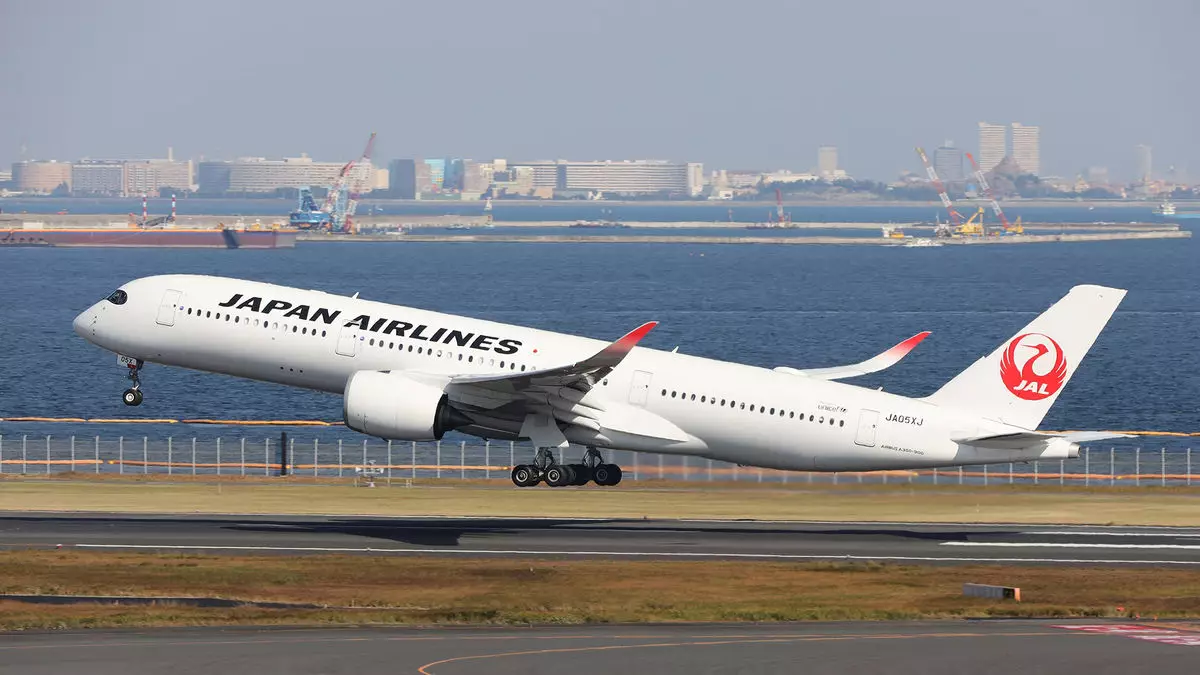A recent cyberattack on Japan Airlines (JAL) has highlighted the increasing vulnerabilities faced by businesses, particularly in the travel sector. On a Thursday morning, the airline reported disruptions that affected over 20 domestic flights, leading to significant delays and forcing JAL to temporarily suspend ticket sales for both domestic and international routes. Although the airline managed to regain control of its systems within a few hours, the incident underscores the potential impact of cyber threats on operational continuity, especially during peak travel seasons.
JAL identified the nature of the cyberattack as a Distributed Denial of Service (DDoS) attack, where an overwhelming flood of data transmissions targeted its network. This type of attack aims to incapacitate the system, rendering it unable to process legitimate requests. Fortunately, JAL reported no loss of customer data or any safety concerns related to flight operations. However, the incident raises questions about how prepared companies are to face such attacks and the potential consequences of being unprepared.
With the end-of-year travel season in full swing, the timing of this disruption couldn’t have been worse. Many passengers found themselves stranded at Tokyo’s Haneda Airport, creating a chaotic scene in an already bustling terminal. As JAL geared up for the New Year holiday rush—one of the busiest travel periods in Japan—this attack served to amplify existing anxieties among travelers regarding the reliability of airline services during crucial periods.
The Japanese government, represented by Chief Cabinet Secretary Yoshimasa Hayashi, intervened promptly, urging JAL to expedite the restoration of its systems and accommodate affected passengers. This response not only reflects the responsibility placed on airlines to ensure seamless operations but also highlights the broader implications for national security, particularly as Japan enhances its military and cybersecurity capabilities.
This incident has sparked renewed discussions around Japan’s cybersecurity infrastructure. Experts have continuously pointed out vulnerabilities, particularly as Japan aligns itself more closely with allies like the United States to bolster its cyber defenses. While JAL’s swift recovery was a positive note, the incident emphasizes the urgent need for systematic improvements in cybersecurity protocols. Particularly noteworthy was a similar cyberattack on Japan’s space agency earlier in 2023, emphasizing that the threat landscape is becoming increasingly complex, affecting not only airlines but other critical sectors.
The incident with Japan Airlines serves as a reminder that in an increasingly digital world, the threat of cyberattacks looms larger than ever. For businesses and governments alike, enhancing cybersecurity frameworks is no longer an option, but a necessity. The balance between operational efficiency and robust cybersecurity measures will determine resilience in the face of growing cyber threats. Japan’s ability to respond to this challenge will significantly influence its economic stability and public confidence as it navigates the intricacies of modern cyber warfare.


Leave a Reply